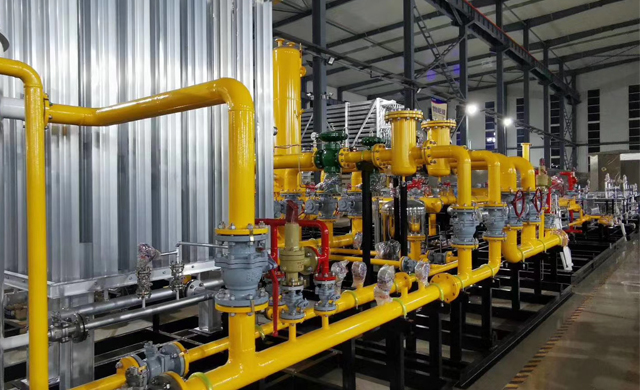
Nov . 13, 2024 10:22
Back to list
natural gas filtration
Natural Gas Filtration Ensuring Purity and Efficiency
Natural gas is an essential energy resource, powering homes, industries, and power plants around the world. However, the quality of natural gas must be maintained to ensure efficiency in combustion and to minimize emissions. This is where natural gas filtration comes into play. Filtration is a critical process that removes impurities and contaminants, thus ensuring that the gas meets the required specifications for safe and efficient use.
The primary goal of natural gas filtration is to eliminate solid particles, water, and other contaminants that could affect the performance of gas-burning appliances and equipment. Common impurities found in natural gas include dust, rust, and other particulate matter, which can accumulate in pipelines and machinery, leading to corrosion and reduced efficiency. Additionally, water vapor can form liquids that cause operational issues, such as pipeline blockages and equipment failure.
There are various types of filtration systems employed in the natural gas industry. The most common include mesh filters, coalescing filters, and activated carbon filters. Mesh filters are designed to capture larger particles, while coalescing filters can remove water and smaller droplets by merging them into larger particles that can be easily drained. Activated carbon filters are particularly effective in removing volatile organic compounds and certain odors, ensuring a cleaner and purer gas product.
natural gas filtration

The design and implementation of a natural gas filtration system depend on several factors, including the specific contaminants present and the subsequent use of the gas. For instance, gas that is intended for residential use might undergo more stringent filtration compared to gas intended for industrial applications. Regular maintenance of filtration systems is also crucial to ensure their effectiveness. Over time, filters can become clogged, leading to reduced flow rates and potential system failures.
Innovations in filtration technology continue to evolve, with advancements aimed at improving efficiency and reducing costs. Enhanced materials and filtration techniques are in development to provide more reliable purification methods. As the demand for cleaner energy sources increases, the role of natural gas filtration will undoubtedly remain vital in the energy sector.
In conclusion, natural gas filtration is a fundamental process that ensures the delivery of clean, efficient energy. By removing impurities and maintaining the quality of natural gas, filtration systems play a key role in promoting energy efficiency and sustainability in an ever-evolving energy landscape.
Next:
Latest news
-
Safety Valve Spring-Loaded Design Overpressure ProtectionNewsJul.25,2025
-
Precision Voltage Regulator AC5 Accuracy Grade PerformanceNewsJul.25,2025
-
Natural Gas Pressure Regulating Skid Industrial Pipeline ApplicationsNewsJul.25,2025
-
Natural Gas Filter Stainless Steel Mesh Element DesignNewsJul.25,2025
-
Gas Pressure Regulator Valve Direct-Acting Spring-Loaded DesignNewsJul.25,2025
-
Decompression Equipment Multi-Stage Heat Exchange System DesignNewsJul.25,2025

